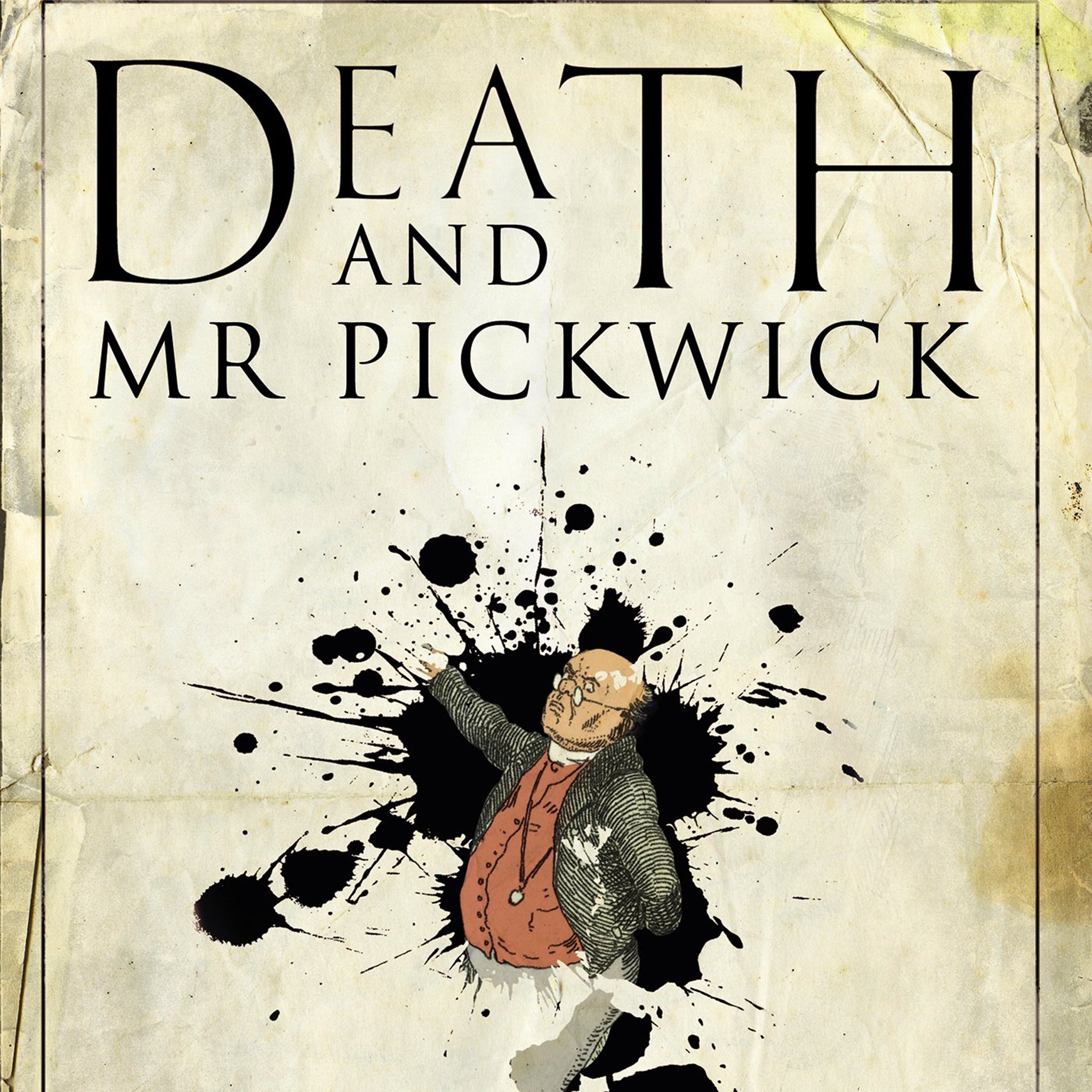Death and Mr Pickwick by Stephen Jarvis, book review: Thrilling search for Mr Pickwick and those who made him
As a former Man Booker judge, I will eat my hat if this doesn’t make this year’s list

On 31 March 1836, a new entrant appeared in pre-Victorian London’s already over-crowded, cut-throat literary marketplace: the first instalment of a serial entitled The Posthumous Papers of the Pickwick Club. It showcased four engravings by the established illustrator Robert Seymour, who had initially come up with the idea. The text commissioned to go with them came from the pen of a 24-year-old journalist: “Boz”, aka Charles Dickens.
What happened next is well known. Pickwick, which was eventually published in book form, became a sensation, and a crucial staging post in Dickens’s triumphant journey to literary immortality. The kindly, rotund hero Mr Pickwick and his sidekick Sam Weller ultimately became imprinted on the cultural consciousness as firmly as their literary predecessors, Don Quixote and Sancho Panza. But after only two issues, Robert Seymour shot himself through the heart. Was his amour propre wounded because the pushy young writer had hijacked the project?
“Who owns Pickwick?” is the question underlying Stephen Jarvis’s remarkable new novel, which deals not so much with the anxiety of influence but with its anarchy, and the fluid identity-boundaries that mark the creative process. Interpolating himself (as “Scripty”) into his narrative, Jarvis even admits to having taken on a physical resemblance to the character as a result of working on the novel, his formerly athletic waistline swollen by years of deskbound snacking.
Jarvis draws his unstoppable imaginative energy from the rigorous historical research he has clearly undertaken in pursuit of the fictional Pickwick and his real-life creators: not only Seymour and Dickens themselves but the publishers, readers, and prior literary and artistic figures – from the novelist Thomas Sterne to the cartoonists Rowlandson and Gillray – who ultimately made Pickwick possible.
Jarvis creates a universe in which factual and fictional characters rub shoulders, but there is nothing preciously postmodern about his approach, and he never crudely intellectualises. Critics could bore for England about the influence of the 17th and 18th-century picaresque on the early Dickens; but Jarvis vigorously enacts their insights in his prose. Overtly, his sympathies seem to be with Seymour; stylewise, Dickens wins.
Do not be off-put by that fact that this book is 800 pages long. It offers a reading experience as immersive as Hilary Mantel’s Wolf Hall, and as visionary in its capacity to connect us with past lives. As a former Man Booker judge, I will eat my hat if it doesn’t make this year’s list.
Order for £18 (free p&p) from the Independent Bookshop: 08430 600 030
Join our commenting forum
Join thought-provoking conversations, follow other Independent readers and see their replies
Comments